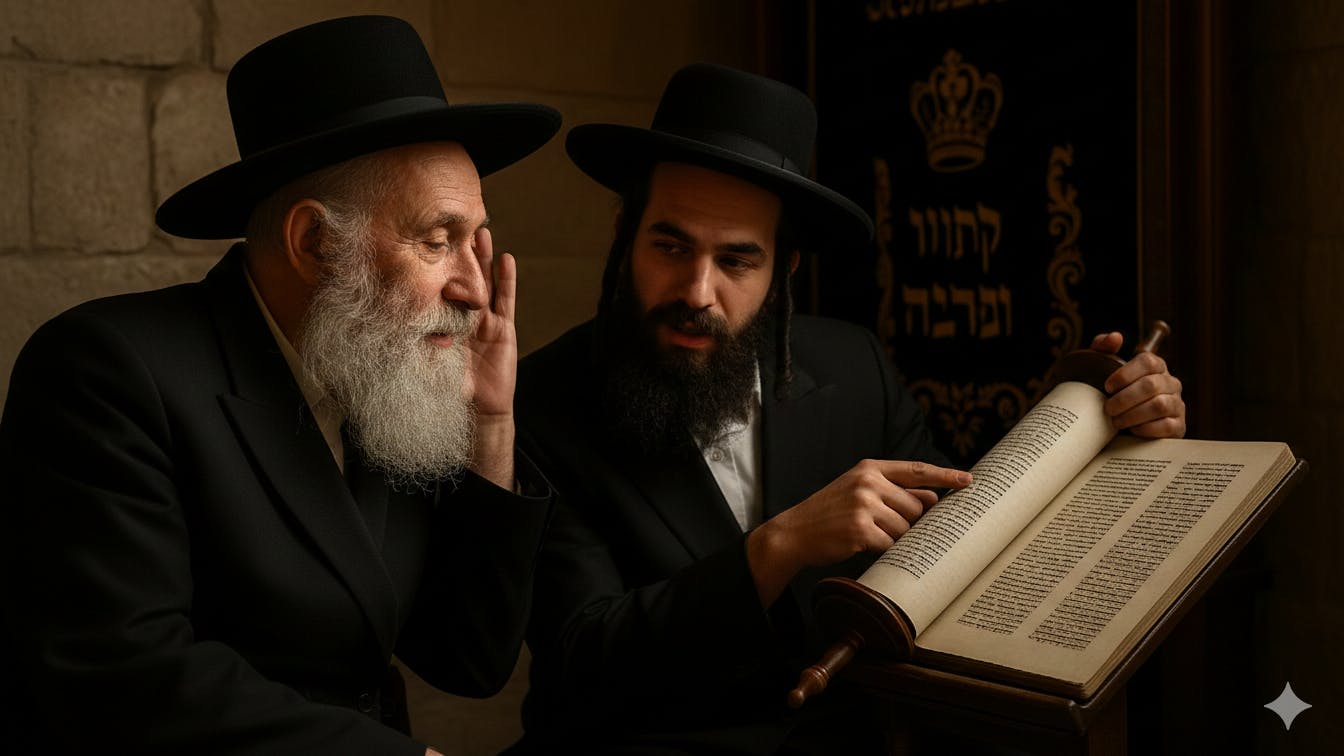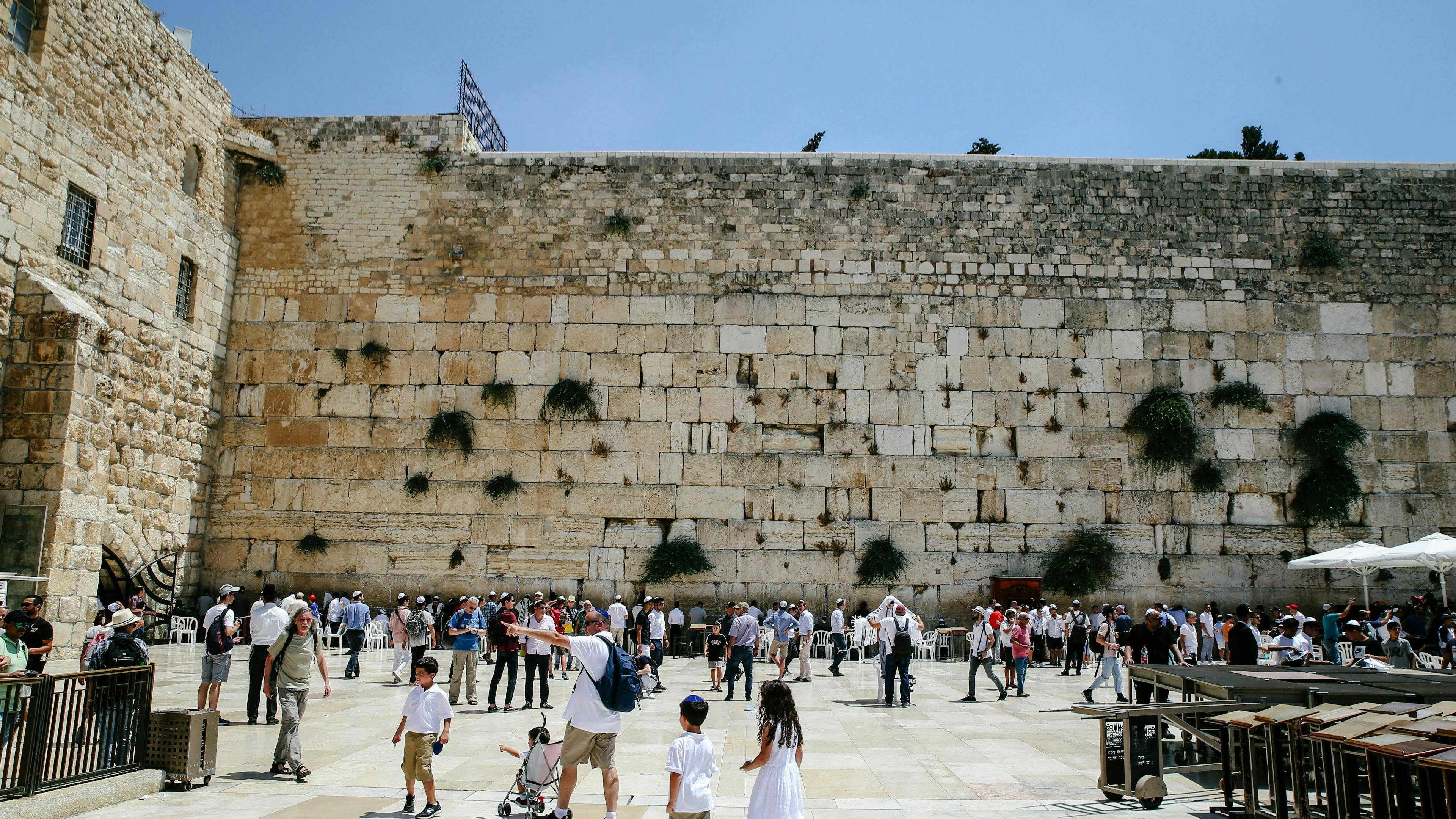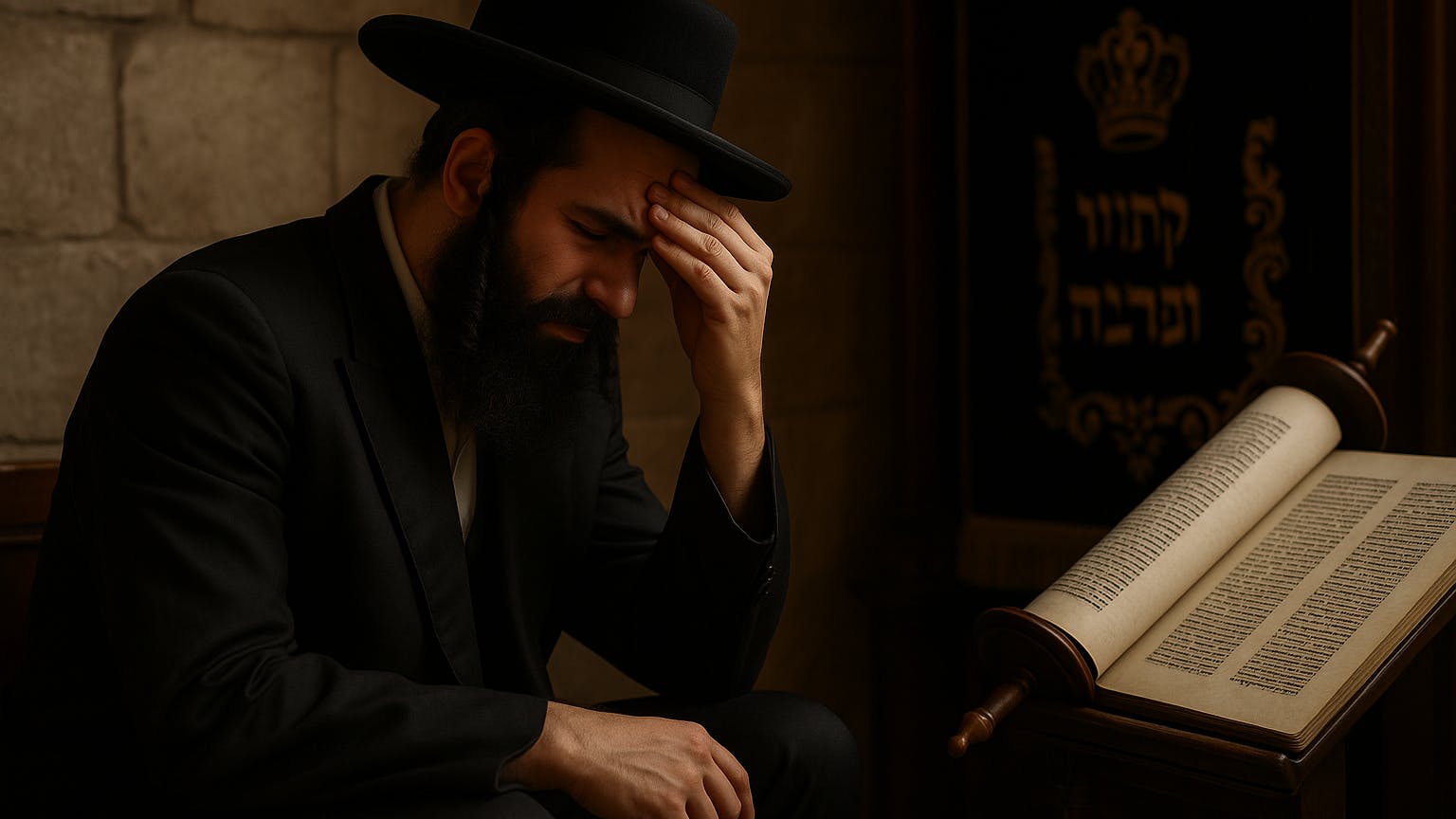With Sukkot coming up, it’s worth reflecting on the significance of the Feast of Tabernacles. The Lord commanded the Israelites, “ Ye shall dwell in booths seven days; all that are Israelites born shall dwell in booths: That your generations may know that I made the children of Israel to dwell in booths, when I brought them out of the land of Egypt: I am the Lord your God.” (Leviticus 23:42-43)
The commemoration of Sukkot didn’t merely influence that first generation of Israelites, but the feast continued to be observed by their children and their children’s children. In this way, the Jews would have in mind how the dwellings of our ancestors after they left Egypt were temporary, before they came into the Promised Land, in Canaan. Indeed, Jews in Israel and the diaspora still observe Sukkot at this time of year to this day, although the time of the ceremonial law and festivals has passed, and thus the festival is no longer for us to physically observe.
It is interesting that Sukkot commemorates Israel’s passage into Canaan, given that Canaan was given to Israel on the basis of God’s promise to Abraham. As the psalmist declares
Psalm 105:8-12
“He hath remembered his covenant forever, the word which he commanded to a thousand generations, which covenant he made with Abraham, and his oath unto Isaac; and confirmed the same unto Jacob for a law, and to Israel for an everlasting covenant: saying, unto thee will I give the land of Canaan, the lot of your inheritance: when they were but a few men in number; yea, very few, and strangers in it.”
Yet Abraham himself was not looking for land so much as seeking after God, which is why God calls Abraham his friend (Isaiah 41:8). The truly spiritual Israelites would understand that, just as their ancestors were only passing through the wilderness to reach Canaan, so too they were also merely sojourners through this world.
So the booths remind us of how temporary this life is, and we ought not to consider it our eternal home in relation to heaven where God is. Indeed, the Israelites were to recall that their father Jacob was a Syrian ready to perish before he went down to Egypt (Deuteronomy 26:5) - an acknowledgement that all of the Israelites’ affairs were in the hands of God, who marvelously orchestrates providence for his own glory and for the good of his people.
As we think about the world we’re in, are we looking for immediate comfort, or do we look beyond our comfort to do what God requires? Our natural tendency is to put ourselves first rather than God and his truth, and we often cast aside his moral law in doing so. When we disobey God for our own ends, rather than obeying God for his glory, we are shamefully indulging in sin. As sin marks and mars our whole persons, we are unrighteous before God, and stand in need of a savior from our sin. This can only be Christ, the spotless Messiah who died in our place and rose to life for our justification, as the Bible makes clear (Isaiah 53, Romans 4:25).
Did you know that the Feast of Booths of Tabernacles indeed points to the Jewish Messiah, Jesus Christ, also?
These booths were also tabernacles, and pointed towards something greater: the tabernacle as the presence of God with man. In Acts 7, Stephen states that Solomon built God a house, and yet he adds: "Howbeit the most High dwelleth not in temples made with hands; as saith the prophet, Heaven is my throne, and earth is my footstool: what house will ye build me? saith the Lord: or what is the place of my rest? Hath not my hand made all these things?"
It’s true God did call Zion, referring to the fortress in Jerusalem, the place of his rest in Psalm 132:14 - yet this was a token or a "type" of his sending his Son Jesus Christ to Jerusalem, who is God dwelling in human flesh, or the apostle John puts it, tabernacling among us.
Jesus Christ was fully man, and yet his human body also functioned as the tabernacle or temple of God on earth. Jesus’ human body was the place in which God dwelt bodily, as the Holy Spirit tells us,
And so Christ’s humanity was contained in his body. This was no innovation; this truth was prophesied in the Hebrew Bible, the Old Testament, as we read:
Psalm 40:6-7
“Sacrifice and offering thou didst not desire; mine ears hast thou opened: burnt offering and sin offering hast thou not required. Then said I, Lo, I come: in the volume of the book it is written of me”
The speaker at this point in the Psalm is not merely David, but the Messiah of whom it is prophesied in the book – and the fact that God prepared the ears of the Messiah shows he prepared the rest of his body too. Elsewhere, the Psalmist speaks of this temple, the body of Messiah, when he says (Psalm 16:10).
The tabernacle of witness in the wilderness showed God's holiness among men, and in the tabernacle and temple, men brought sacrifices. In a sacrifice, the shed blood of an animal would cover the sins of the worshippers, as the animal would die in his place. This atonement was known as making propitiation.
Christ’s body was both the temple and the sacrifice of it. When the Jews asked Christ,
John 2:18-21
“What sign shewest thou unto us, seeing that thou doest these things?,” Jesus answered and said unto them, “Destroy this temple, and in three days I will raise it up. Then said the Jews, Forty and six years was this temple in building, and wilt thou rear it up in three days? But he spake of the temple of his body.”
In a very real sense also, we who believe in Messiah constitute the spiritual temple of God (1 Corinthians 3:16), seeing as we are mystically the body of Messiah, and as he is now alive following his resurrection, we also are his lively spiritual temple (1 Peter 2:5). Thinking about the temple spiritually ought not to be new for Jewish people - consider the purpose of the temple shown to Ezekiel:
Ezekiel 43:10
"Thou son of man, shew the house to the house of Israel, that they may be ashamed of their iniquities: and let them measure the pattern"
The Jews back then were to consider the temple vision given to Ezekiel and repent of their sins. That being the case then, it is also true now that the temple's main meaning is the spiritual truth towards which it points - and we would be wise to discern this meaning in God's Messiah, Jesus of Nazareth.
As many Israelis turn to their seasonal building of booths, it is amazing to think that all along, the sacrifices of the tabernacle and temple, and the presence of God in the holy of holies in both buildings, that these material structures were pointing towards something greater: Jehovah, our God, tabernacling among us as fully God and fully man, and in the temple of his body, laying it down as a holy propitiation to atone for our sins, and then taking his body up again on the third day so that we too may be raised to life in him.
More Topics
You might alsoo be interested in these topics.




